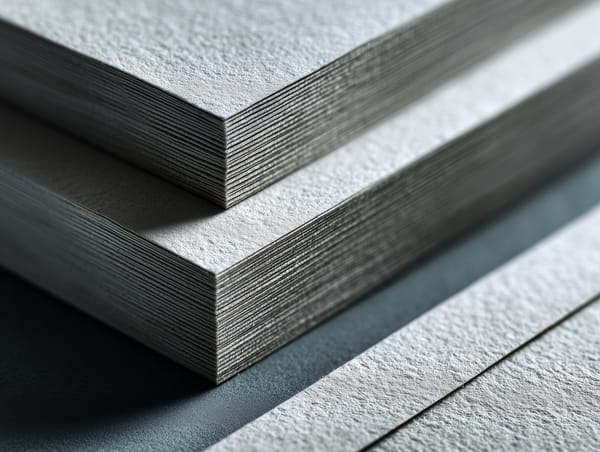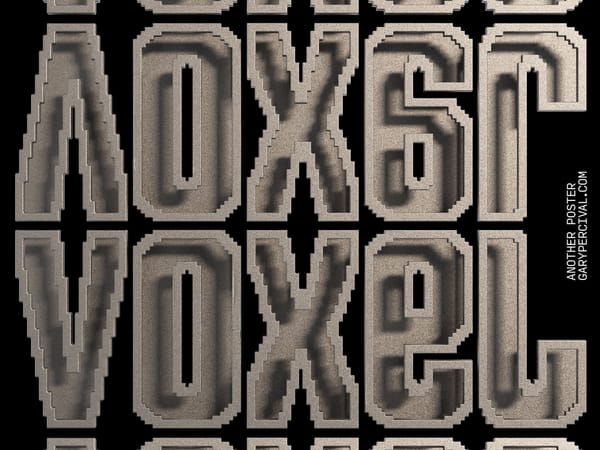The Truth About Self-Honesty in Creativity
“Embracing reality through self-honesty is an ongoing practice that shapes a more authentic and meaningful creative career path.”
In this week's post, we're diving into a topic that's crucial for every creative: the power of being honest with yourself.
Have you ever found yourself stuck on a project, only to realise later that you were clinging to an idea that just wasn't working? We've all been there, and the root cause is often a lack of self-honesty. While we often celebrate imagination and vision in our field, today we're focusing on the equally important skill of embracing reality.
Let's explore why self-honesty matters and how it can transform your creative journey.
🤥 The Self-Deception Trap
As creatives, we're not immune to self-deception. We might fall prey to:
- Confirmation bias: Seeking information that supports our existing beliefs
- Overconfidence: Overestimating our abilities
- Attribute bias: Taking credit for successes while blaming external factors for failures
- Sunk cost fallacy: Continuing projects simply because we've already invested so much
These biases can hold us back, causing us to cling to flawed ideas or ignore areas for improvement.
🔍 The Benefits of Embracing Reality
While self-deception might feel comfortable, embracing reality offers greater rewards:
- Accelerated Growth: By honestly assessing our strengths and weaknesses, we can focus our efforts where they're most needed.
- Better Decision Making: Self-honesty enables us to make choices based on reality, not wishful thinking.
- Enhanced Creativity: Accepting constraints can spur innovative thinking. Many great designs have emerged from working within limitations.
- Stronger Relationships: Being honest with yourself makes it easier to be honest with others, leading to more authentic connections.
- Increased Resilience: A balanced perspective helps us navigate the ups and downs of creative work more effectively.
💼 Applying Self-Honesty in Your Work
Applying self-honesty in your professional life can lead to significant improvements and more authentic connections with your clients and projects. Consider these specific applications:
- Portfolio Evaluation: Critically review your work to guide skill development and project choices.
- Client Relationships: Assess which partnerships are truly working well.
- Pricing and Value: Ensure your rates reflect the actual value you provide.
- Time Management: Track how you really spend your time versus how you think you spend it.
- Career Direction: Periodically check in about your overall goals and interests.
By incorporating self-honesty into these areas, you can create a more fulfilling and aligned creative career.
🌍 The Ripple Effect
When we embrace honesty in our practice, the effects extend beyond our individual work:
- Mentorship: Honest creatives make better mentors by providing realistic guidance.
- Industry Standards: As more of us embrace honesty, we can shift towards more transparent practices.
- Client Education: Being upfront about our process helps clients develop realistic expectations.
🤔 Spotlight: Constructive Dissatisfaction
Self-honesty often leads to a state of constructive dissatisfaction—a powerful driving force for creativity and innovation. It's about maintaining a healthy "what if?" and "how can this be better?" mindset.
This constructive dissatisfaction pushes us to experiment, take risks, and challenge our assumptions. It's what drives designers to iterate, writers to revise, and artists to explore new mediums.
Try incorporating regular "creative audits" into your practice. Periodically review your recent work with a critical yet compassionate eye. What are you proud of? What would you do differently now? Use these insights to inform future projects and push your creative boundaries.
🤖 The Honesty Advantage in the Age of AI
As AI enters the creative field, our capacity for self-honesty becomes even more valuable. While AI can produce impressive results, it lacks the ability to engage in self-reflection or be truly honest about its capabilities and limitations.
By embracing radical honesty, we highlight a uniquely human aspect of our work. This honesty, combined with our intuition and emotional intelligence, can become our competitive advantage in an AI-augmented future.
🚀 Conclusion: Your Ongoing Journey
Embracing reality through self-honesty is an ongoing practice. It requires courage and persistence, but the benefits make it worthwhile. By regularly checking in with ourselves—embracing our strengths, weaknesses, and realities—we not only grow as creatives but also shape a more authentic and meaningful career path.
Remember, the goal isn't perfection, but progress. Embrace reality in all its complex, challenging, and beautiful truths. Your future self and your creative work will thank you for it.
Until next time, keep creating and stay honest!
Thanks for reading!
—Gary



